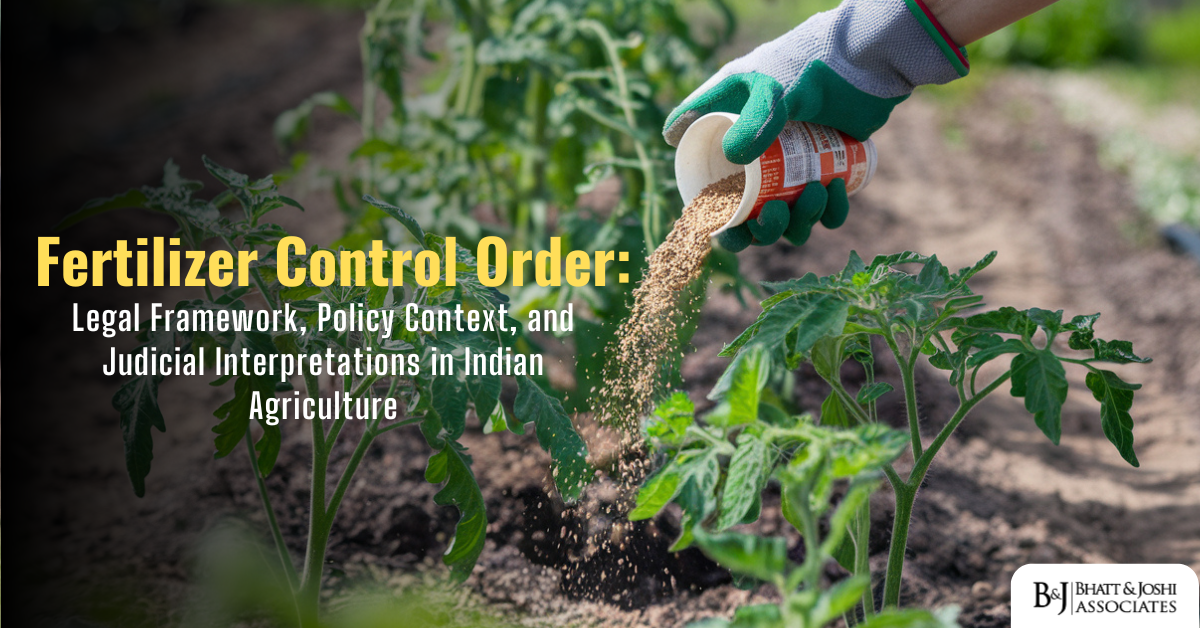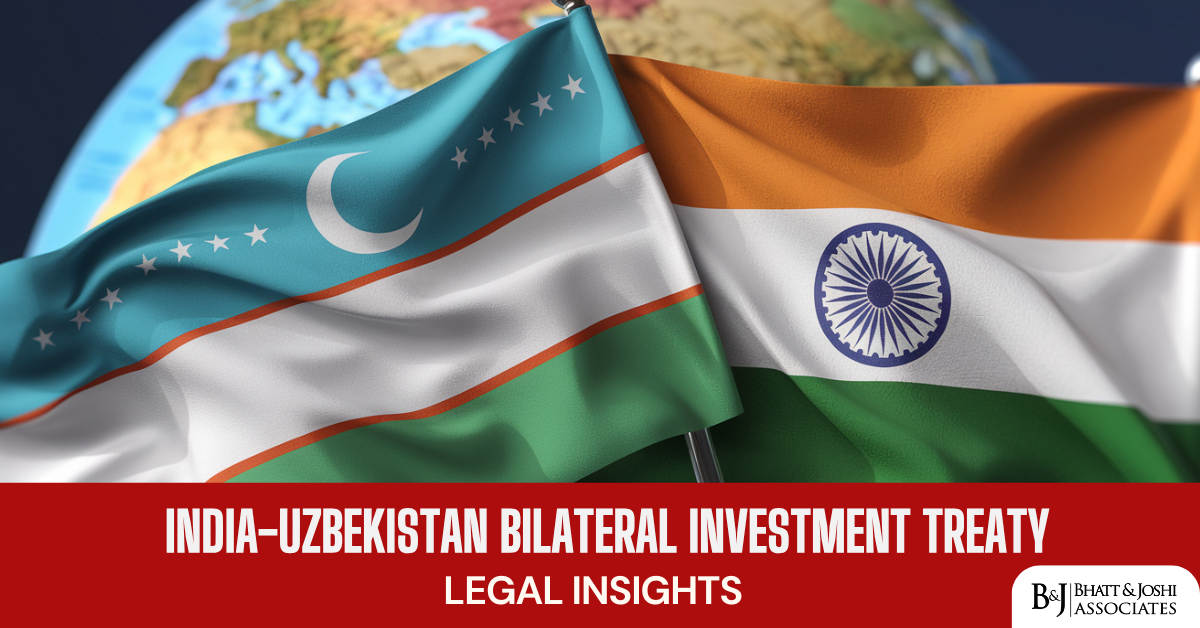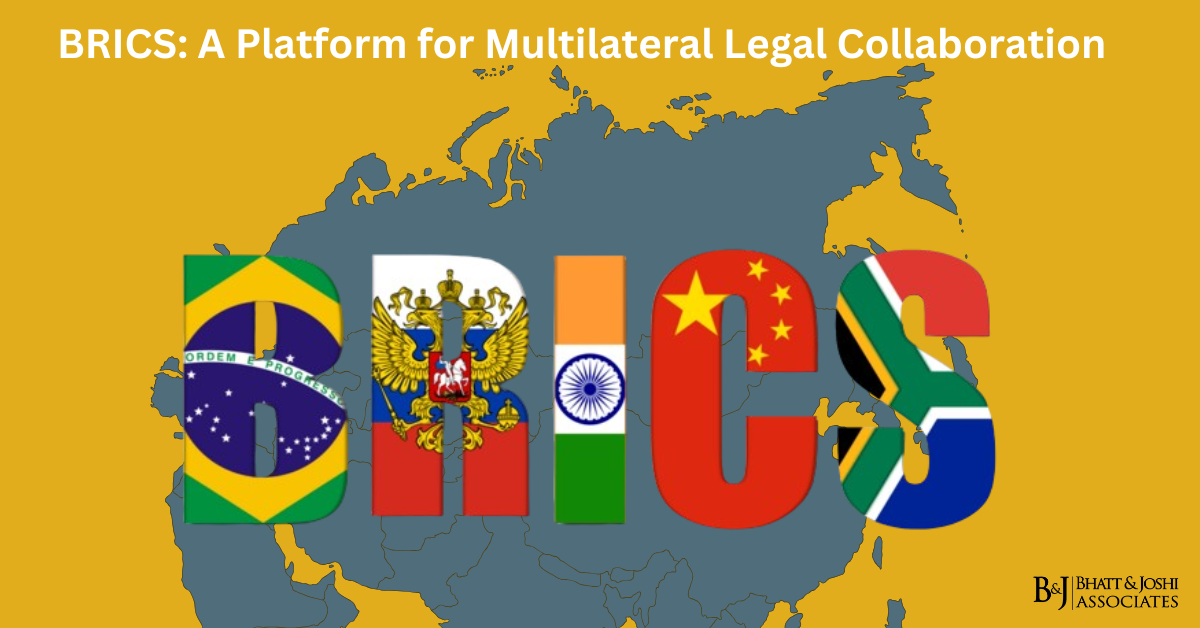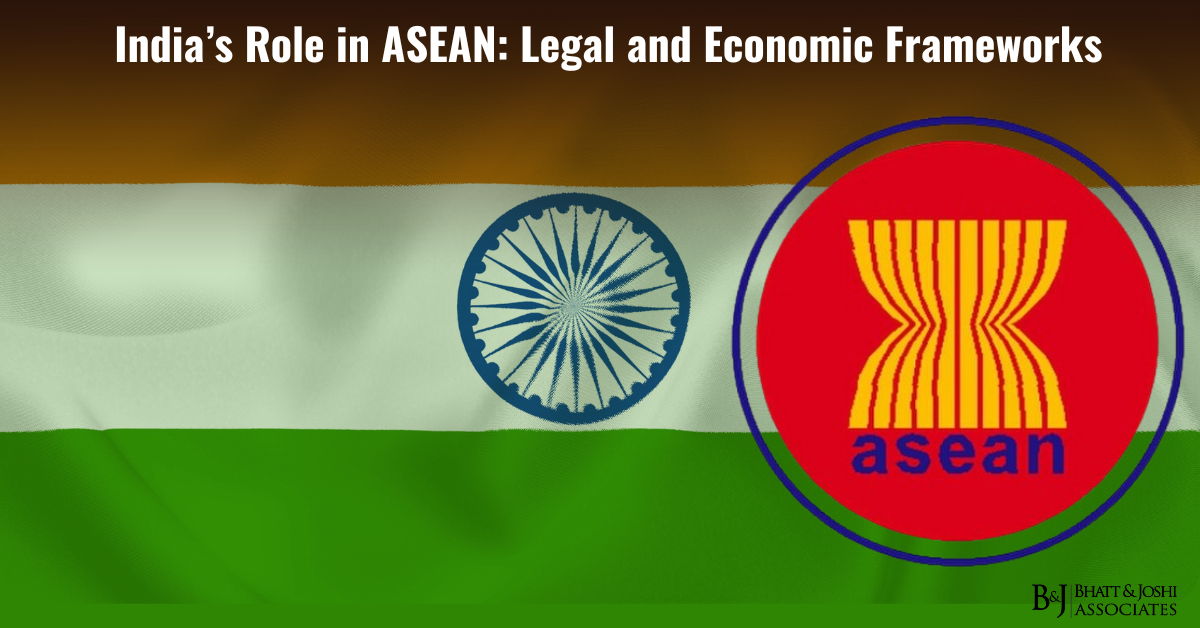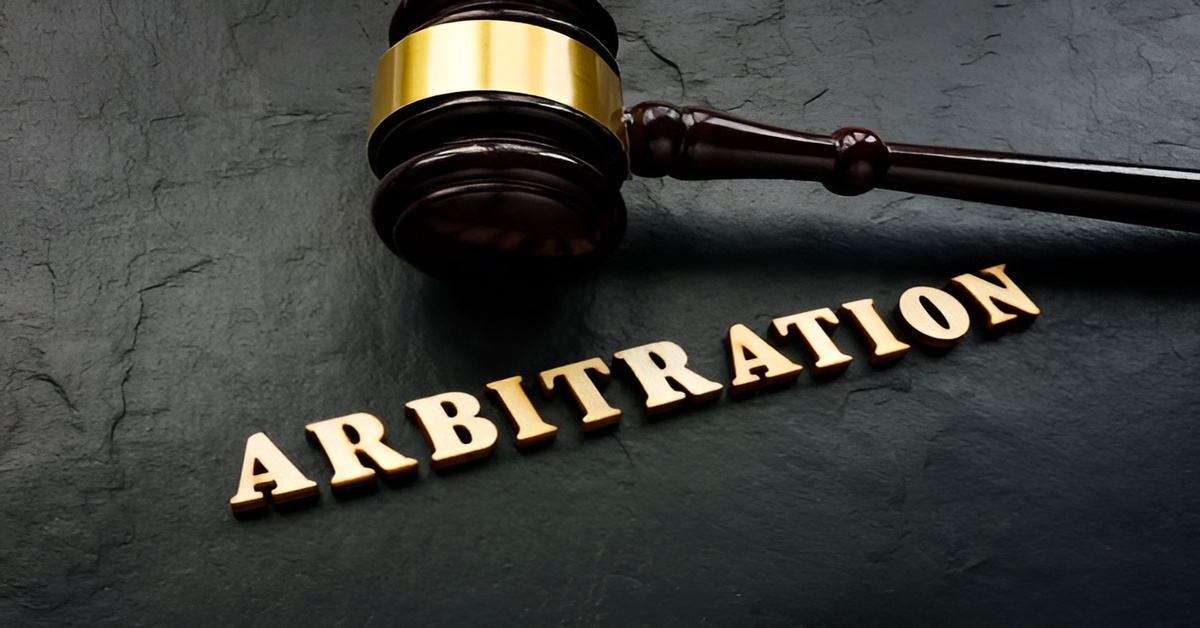
Introduction Arbitration and Conciliation Act
Arbitration is a form of alternative dispute resolution that allows parties to settle their disputes outside the court by appointing one or more arbitrators who render a binding decision or award. The Arbitration and Conciliation Act, 1996 (the Act) is the main legislation that governs the arbitration process in India. The Act provides for the commencement, conduct, and termination of arbitration proceedings, as well as the enforcement and challenge of arbitral awards.
One of the key features of the Act is the limited scope of judicial intervention in arbitration matters. The Act aims to ensure that the arbitral process is speedy, efficient, and final. Therefore, the Act restricts the grounds and time period for challenging an arbitral award before a court. Section 34 of the Act lays down the procedure and grounds for setting aside an arbitral award. Section 34(3) of the Act stipulates that an application for setting aside an award can be made only within three months from the date of receipt of the award, extendable by another 30 days if the court is satisfied that there was sufficient cause for the delay.
However, there may be situations where a party may have filed an application for setting aside an award in a court that lacked jurisdiction or was otherwise unable to entertain it due to some defect or cause of a like nature. In such cases, can the party invoke Section 14 of the Limitation Act, 1963 (the Limitation Act) to exclude the time spent in such proceedings and file a fresh application in a competent court? Section 14 of the Limitation Act provides for exclusion of time spent in bona fide proceedings in a court without jurisdiction. The purpose of this provision is to protect a litigant who has pursued his remedy diligently and in good faith in a wrong court.
This essay will critically examine the interplay between Section 34 of the Act and Section 14 of the Limitation Act, with reference to relevant case laws and judicial interpretations. It will also analyse whether Section 14 of the Limitation Act can be considered as an absolute right or a discretionary relief for a party seeking to challenge an arbitral award.
Section 34 of Arbitration and Conciliation Act
Section 34 of the Act provides for recourse against an arbitral award by way of an application for setting aside such award before a court. The grounds for setting aside an award are enumerated in Section 34(2) of the Act, which are based on the Model Law on International Commercial Arbitration adopted by the United Nations Commission on International Trade Law (UNCITRAL). The grounds include:
- Incapacity of a party or invalidity of the arbitration agreement;
- Lack of proper notice or opportunity to present one’s case;
- Excess or ultra vires of arbitral authority;
- Irregularity in composition or procedure of arbitral tribunal;
- Non-arbitrability of subject matter or conflict with public policy.
Section 34(3) of the Act prescribes the time limit for filing an application for setting aside an award. It states that such an application can be made only within three months from the date on which the party making that application had received the award. The proviso to Section 34(3) further states that if the court is satisfied that there was sufficient cause for not making the application within three months, it may entertain it within a further period of thirty days, but not thereafter.
The rationale behind fixing a strict time limit for challenging an award is to ensure finality and certainty of arbitration proceedings and to avoid unnecessary delays and litigation. The Supreme Court has held that Section 34(3) is mandatory and not directory, and that no extension beyond 120 days can be granted under any circumstances. The Supreme Court has also held that sufficient cause under Section 34(3) must be construed narrowly and strictly, and that mere negligence, inaction, or lack of vigilance cannot be accepted as sufficient cause.
Section 14 of Arbitration and Conciliation Act
Section 14 of the Limitation Act provides for exclusion of time spent in bona fide proceedings in a court without jurisdiction. It states that in computing the period of limitation for any suit or application, the time during which the applicant has been prosecuting with due diligence another civil proceeding against the same party for the same relief shall be excluded, where such proceeding is prosecuted in good faith in a court which, from defect of jurisdiction or other cause of a like nature, is unable to entertain it.
The object of Section 14 is to prevent injustice to a litigant who has pursued his remedy diligently and in good faith in a wrong court. The conditions for invoking Section 14 are:
- The earlier proceeding must be civil in nature;
- The earlier proceeding must relate to the same matter in issue and the same relief as the later proceeding;
- The earlier proceeding must be prosecuted in good faith and with due diligence;
- The earlier proceeding must be in a court which, from defect of jurisdiction or other cause of a like nature, is unable to entertain it.
The question that arises is whether Section 14 of the Limitation Act can be applied to an application for setting aside an arbitral award under Section 34 of the Act. The Supreme Court has answered this question in the affirmative in several cases. The Supreme Court has held that Section 14 is applicable to arbitration matters, as arbitration is a civil proceeding and an application under Section 34 is a civil application. The Supreme Court has also held that Section 14 can be invoked even if the earlier proceeding was filed in a court having concurrent jurisdiction, as long as there was a bona fide mistake or confusion about the correct court. The Supreme Court has further held that Section 14 can be invoked even if the earlier proceeding was filed after the expiry of three months from the date of receipt of the award, as long as it was filed within the extended period of thirty days and there was sufficient cause for not filing it within three months.
However, Section 14 of the Limitation Act is not an absolute right or a carte blanche for a party to challenge an arbitral award. It is subject to certain exceptions and limitations. Some of these are:
- Section 14 cannot be invoked if the earlier proceeding was filed in a court having no jurisdiction at all, such as a criminal court or a revenue court.
- Section 14 cannot be invoked if the earlier proceeding was filed in a court having territorial jurisdiction but not pecuniary jurisdiction, as pecuniary jurisdiction is not a defect of jurisdiction or a cause of a like nature.
- Section 14 cannot be invoked if the earlier proceeding was filed in a court having no jurisdiction due to an express or implied exclusion clause in the arbitration agreement, such as a clause conferring exclusive jurisdiction on a particular court.
- Section 14 cannot be invoked if the earlier proceeding was not prosecuted with due diligence and good faith, such as when there was deliberate delay, negligence, or malafide intention on the part of the applicant.
- Section 14 cannot be invoked if the earlier proceeding was withdrawn or abandoned by the applicant without any valid reason or justification.
Conclusion of Arbitration and Conciliation Act.
Section 34 of the Act and Section 14 of the Limitation Act are two important provisions that govern the challenge and enforcement of arbitral awards in India. While Section 34 imposes a strict time limit for setting aside an award, Section 14 provides a relief to a party who has filed an application in a wrong court due to an honest mistake or confusion. However, Section 14 is not an absolute right or a discretionary relief for a party seeking to challenge an award. It is subject to certain conditions and exceptions that have been laid down by various judicial pronouncements. Therefore, a party who wishes to invoke Section 14 must satisfy the court that he has acted diligently and in good faith in pursuing his remedy in a wrong court, and that there was no negligence, malafide, or abuse of process on his part.
References
: Consolidated Engineering Enterprises v. Principal Secretary, Irrigation Department & Ors., (2008) 7 SCC 169.
: Esha Bhattacharjee v. Managing Committee of Raghunathpur Nafar Academy & Ors., (2013) 12 SCC 649.
: State of Goa v. Western Builders & Ors., (2006) 6 SCC 239.
: M/s N.V. International v. State of Assam & Ors., (2020) SCC Online SC 1048.
: Union of India v. Popular Construction Company, (2001) 8 SCC 470.
: State Bank of India v. M/s Jain Construction Co., (2010) SCC Online Del 2639.
: M/s Simplex Infrastructure Ltd. v. Union of India, (2019) SCC Online SC 1585.
: Swastik Gases Pvt. Ltd. v. Indian Oil Corporation Ltd., (2013) 9 SCC 32.
: M/s N.V. International v. State of Assam & Ors., (2020) SCC Online SC 1048.
: M/s Simplex Infrastructure Ltd. v. Union of India, (2019) SCC Online SC 1585.
- indiankanoon.org
- indiacode.nic.in
- indianconstitution.in
- lexforti.com
- legalserviceindia.com
- indiankanoon.org
- indiacode.nic.in
- taxguru.in
- scconline.com
- scconline.com





